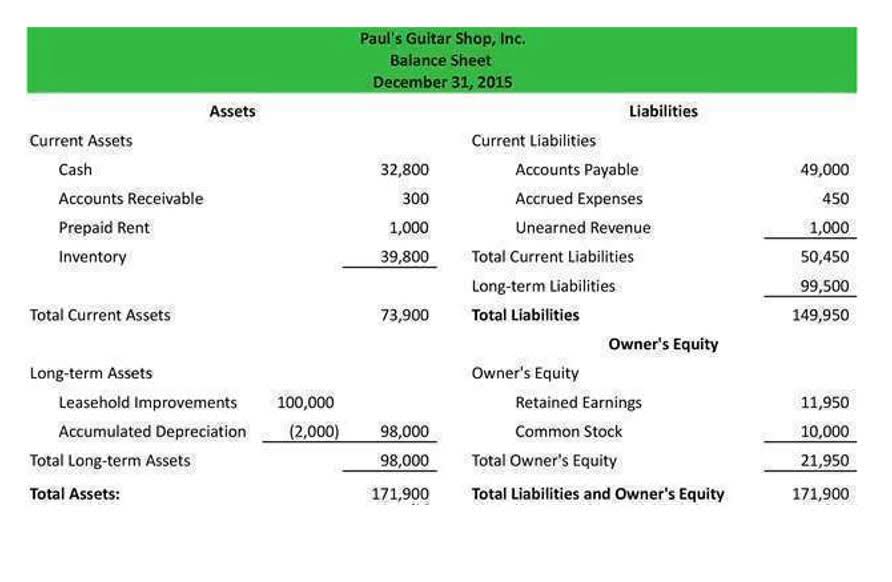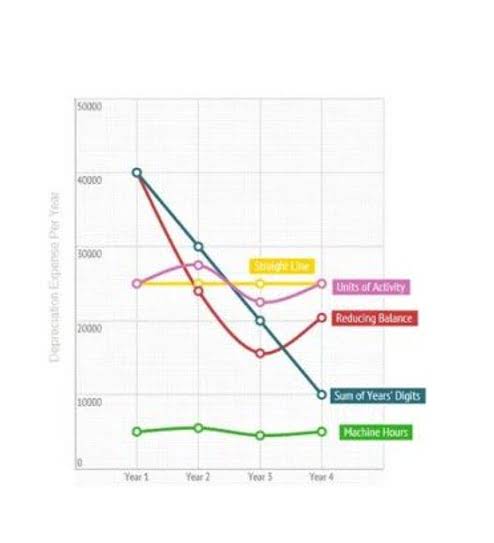
You need a CPA license to qualify for the specialized test leading to the certified in financial forensics (CFF) designation. Forensic accounting blends auditing, accounting, and investigatory skills to assess financial documents. Forensic accountants often review accounting systems and practices related to criminal and legal investigations. Law enforcement agencies are the most likely government agencies to hire forensic accountants.
- Forensic accountants use their accounting, auditing, and investigative skills to investigate financial information to uncover evidence of crimes or financial misconduct.
- A forensic accountant ensures fairness prevails and that the possibility of one side pulling the wool over the eyes of the other is minimised as much as possible.
- Instead, a number of experiences may help ease the transition into this line of work.
- However, the truth is those audit procedures are never designed in the first place to detect fraud or wrongdoing in the financial statements.
- Money laundering occurs when money is illegally obtained and then transferred covertly, often to a foreign bank account or another legitimate business.
- Forensic accountants use accounting, auditing, and investigative skills to understand whether a person or company has committed financial misconduct, such as embezzlement or fraud.
Forensic accounting audit procedures
Someone on our team will connect you with a financial professional in our network holding the correct designation and expertise. Finance Strategists is a leading financial education organization that connects people with financial professionals, priding itself on providing accurate and reliable financial forensic accounting examples information to millions of readers each year. Forensic accountants must avoid any situation that could compromise their ability to perform their duties objectively and impartially. Adherence to these principles is crucial to maintain trust, uphold professional standards, and avoid legal complications.

Join over 3,400 global companies that choose Coursera for Business
Although this is not an exhaustive list of skills, it can give aspiring forensic accountants a better idea of specific areas they may need to work on in order to become successful in their careers. Money laundering occurs when money is illegally obtained and then transferred covertly, often to a foreign bank account or another legitimate business. Forensic accountants are frequently called upon to uncover instances of money laundering among businesses and individuals alike. Deloitte refers to one or more of Deloitte Touche Tohmatsu Limited, a UK private company limited by guarantee («DTTL»), its network of member firms, and their related entities.
Financial Fraud
A forensic accountant specializes in reconstructing financial data to determine whether or not it is accurate and whether or not there has been any fraudulent activity. Lawyers and law firms involved in criminal or civil litigation sometimes require forensic accountants’ expertise. In the legal arena, financial investigators can work on either side of a criminal or civil case. Common tasks include determining financial damages, assessing the value of disputed assets, and finding evidence of financial wrongdoing. Forensic accounting is the branch of accounting that deals with the detection and prevention of financial crimes. As a forensic accountant, you’ll use your competencies in accounting, auditing, and investigative techniques to detect and analyze cases of fraud and other financial crimes.
The Importance of Forensic Accountants in Today’s Economy

They should search websites and job boards specifically for this type of position. The ideal candidate should hold a bachelor’s degree in accounting or another related field, have a CPA license, and be certified by the American Board of Forensic Accounting. Employers must ensure that their forensic accountant meets all these requirements before they hire them. Accuracy is essential https://www.bookstime.com/ for forensic accounting because inaccurate financial documents can lead to legal issues. Forensic accountants need to ensure that their financial documents are up-to-date and accurate to prevent potential problems. Additionally, utilizing tools such as SQL, dashboards, and data visualization can help improve the accuracy of financial documents used in forensic accounting.

These principles ensure the credibility and reliability of forensic accountants’ work in legal contexts. If you like to crack complex cases and ensure organizations play by ethical rules, forensic accounting could be the right career path for you. According to Payscale, entry-level forensic accountants earned an average annual salary of $59,560 as of January 2022.Salary potential for forensic accountants increases with experience, education, and professional credentials. Most aspiring accountants major in accounting, finance, economics, or a closely related subject. Forensic accountants in these roles work to uncover evidence of criminal activity. They also investigate national security threats by tracing the sources of financial support for criminal or terrorist groups.
